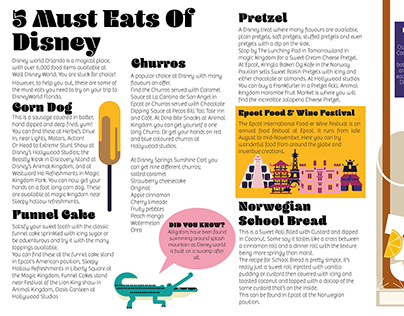Choosing the right structure product is vital for occasion outdoors tents. Whether it's covered steel for budget outdoors tents or plated aluminum for heavy-duty applications, there are several factors to consider to keep in mind.
Steel frames are common in lower-priced pop-up outdoors tents however are prone to deterioration even with layers and need normal maintenance. Light weight aluminum is lightweight, naturally stands up to rust, and stands up well in humid or coastal settings.
Steel
When it concerns making certain the sturdiness of personalized tents, the product used in their frameworks plays a vital role. Steel and light weight aluminum alloys both supply premium longevity, but each offers one-of-a-kind benefits that make it proper for various types of atmospheres. Steel is ideal for tough problems, while light weight aluminum excels in withstanding deterioration and reducing maintenance expenditures.
When event hosts choose the appropriate tent for their requirements, they require to consider elements like anticipated weather conditions. For instance, structure outdoors tents frequently do much better in windy or stormy problems than post tents since they do not rely upon a central pole to sustain the framework. However, the connections between structure items can weaken in high tension scenarios. Recognizing these weaknesses and carrying out routine examinations can help avoid prospective damages.
Steel structures are tough to cut, weld or shape, which can need customized devices and increase labor costs. Additionally, they often tend to corrosion or wear away easily and may need extra security or layers. Additionally, steel is very heavy and can trigger problems when delivering a cover. It's also difficult to store for long periods of time since it occupies extra room than light weight aluminum structures.
Light weight aluminum
Aluminum is a popular frame material for canopy camping tents since it's light-weight, rust-resistant, and simple to move and establish. It additionally provides a more stable shelter during gusty conditions than steel frames. Aluminum is less prone to tearing and any damage can be easily repaired, extending the life of the camping tent. It likewise breathes to decrease condensation and provides exceptional acoustic insulation to moisten outside noise.
The sturdiness of aluminum framework camping tents is even more improved by the natural oxidation homes of the metal. It produces a compact oxide layer that safeguards the surface from corrosion and stains. As such, the long life of a light weight aluminum turn up outdoor tents can be enhanced also additionally when the frame is anodized.
Anodized light weight aluminum is more powerful than steel and can stand up to high wind rates. Furthermore, the finishing resists corrosion and stains, expanding the life-span of the camping tent. Furthermore, anodized aluminum is recyclable and lasting, making it excellent for organizations looking for LEED accreditation. The combination of these residential or commercial properties makes aluminum an extra cost-efficient choice than steel for big, heavy-duty tents, such as those made use of to fit industrial equipment and warehouse supply. Steel, on the other hand, is a lot more expensive because it calls for pricey alloys such as nitrogen, molybdenum, and chromium to improve strength.
Iron
Iron frame outdoors tents normally last as much as 15 years if the right treatment and upkeep is applied. This consists of consistently cleaning up fabric and inspecting steel elements for corrosion and wear. By taking these actions, event hosts can make the most of the reliability of their structures and ensure their continued efficiency in difficult environments.
Steel is an excellent material for constructing sturdy camping tents, especially for usage in extreme weather conditions. It is a solid, durable, and economical material that uses stability and strength for a vast array of applications. However, steel is prone to rusting in moist and coastal environments. The enhancement of protective finishes and routine upkeep can assist to mitigate this danger, but these initiatives enhance total maintenance prices.
In contrast, light weight aluminum is a much more sturdy option for a custom camping tent due to its all-natural oxidation buildings. When plated, light weight aluminum ends up being super-strong wall tent and up to 3 times more challenging than conventional light weight aluminum alloys. This makes anodized light weight aluminum the second-hardest compound alongside diamond (satellites, airplane, and military lorries all use anodized light weight aluminum). In addition to its toughness, anodized light weight aluminum is also a lot more resistant to corrosion than steel. These factors make light weight aluminum an excellent option for turn up canopy outdoors tents and contribute to their capacity to carry longer guarantees (5, 7, and even lifetime structure guarantees). In addition, aluminum is 1/3 the weight of steel permitting a much thinner frame layout for more modification options and boosted toughness.
